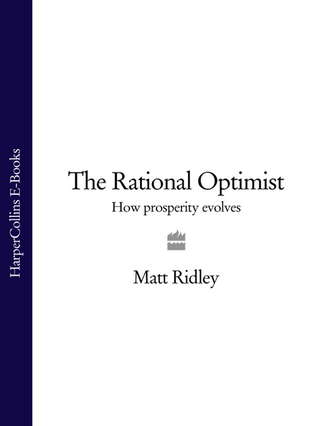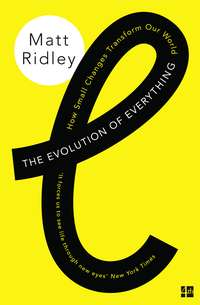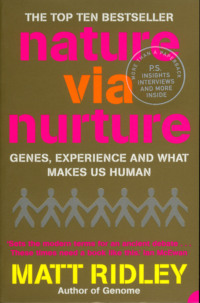The Rational Optimist: How Prosperity Evolves

Полная версия
The Rational Optimist: How Prosperity Evolves
Язык: Английский
Год издания: 2018
Добавлена:
Настройки чтения
Размер шрифта
Высота строк
Поля
Конец ознакомительного фрагмента
Купить и скачать всю книгу




